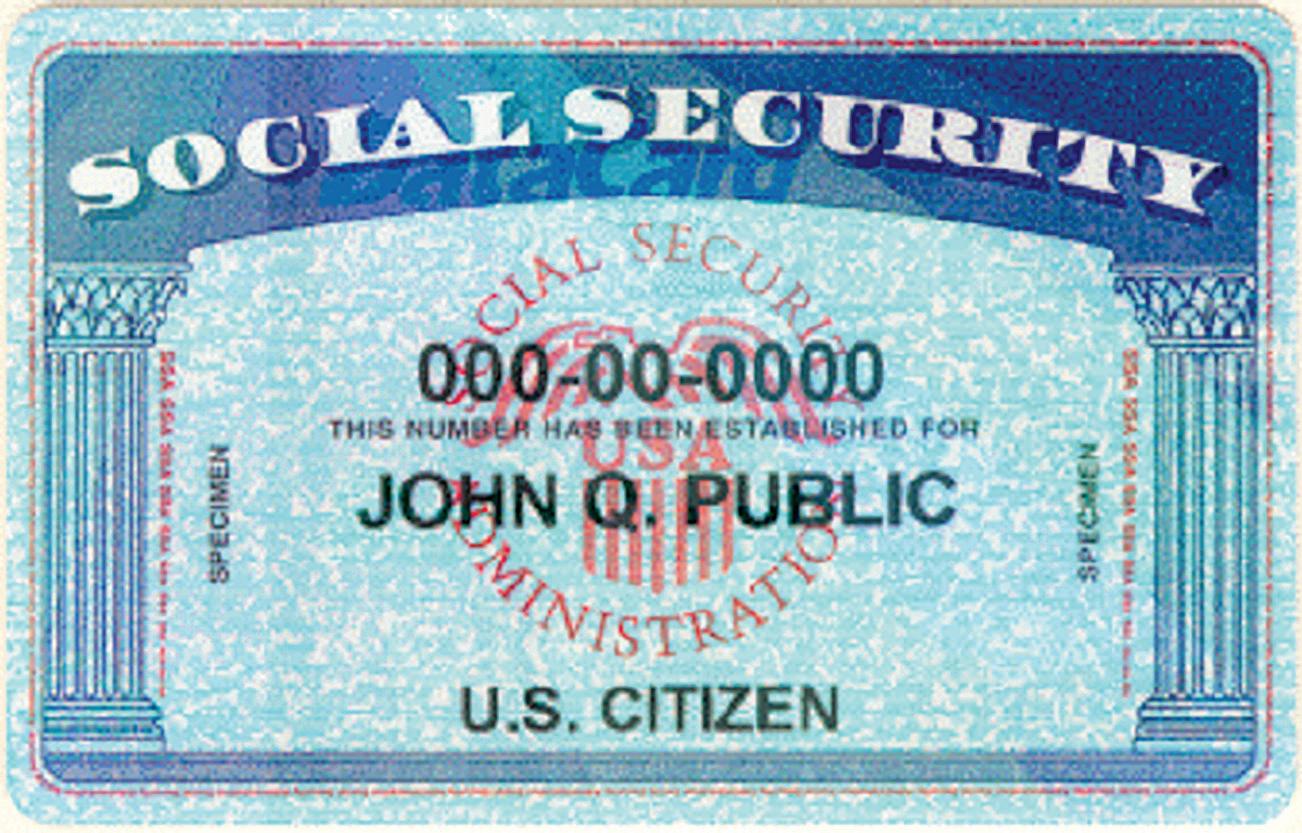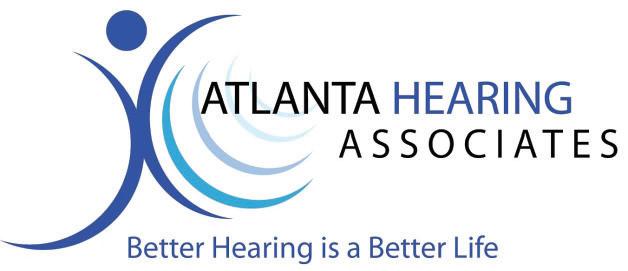
2 minute read
ask rusty: Social Security Credit for Military Pay
by AMAC Certified Social Security Advisor Russell Gloor
Dear Rusty:
I served in the U.S. Navy from March 5, 1951 until December 2, 1954, with an Honorable Discharge for medical reasons. Looking at my Social Security earnings statement, I never received credit for my earnings while serving in the U.S. Navy in 1952, 1953, and 1954, and for 1951, I only received earnings credit for $120.
• Assisted living
• Memory care
• Short-term stays
• Respite care
• Urgent placement
CARE
• Medication management
• Individualized care plans
• Bathing and dressing
• Mobility and transferring
• Coordination of care
Amenities
• Three meals served daily
• Housekeeping and laundry
• Transportation
• Enrichment programs
• Pet friendly
Call us today at 770-464-5253 to schedule a personalized tour and complimentary lunch.
In the Veterans Administration booklet “Federal Benefits for Veterans Dependents and Survivors” the following paragraph is on page 135: “non-contributory Social Security earnings of $160 a month may be credited to Veterans who served after Sept.15, 1940 and before 1957, including attendance at service academies.” Can you check and see whether I should get credit from my military earnings, and if my Social Security check should be $160 more than it is?
Signed: Navy Veteran
Dear Navy Veteran:
First of all, thank you for your service to our country. Although military pay is now considered taxable Social Security income, military earnings were not included as Social Security earnings prior to 1957. This is the reason that your earnings while in the Navy from 1951 to 1954 aren’t reflected in your Social Security earnings record, and thus may not have been included in computing your Social Security benefit amount. You can find out more about this in the Social Security publication “Military Service and Social Security” at: ssa.gov/pubs/ EN-05-10017.pdf. I suspect that your $120 of earnings for 1951 was for part time employment prior to you joining the Navy in March of
About Amac
The information presented in this article is intended for general information purposes only. The opinions and interpretations expressed are the viewpoints of the AMAC Foundation’s Social Security Advisory staff, trained and accredited under the National Social Security Advisors program of the National Social Security Association, LLC (NSSA). NSSA, the AMAC Foundation, and the Foundation’s Social Security Advisors are not affiliated with or endorsed by the United States Government, the Social Security Administration, or any other state government. Furthermore, the AMAC Foundation and its staff do not provide legal or accounting services. The Foundation welcomes questions from readers regarding Social Security issues. To submit a request, contact the Foundation at info@amacfoundation.org.
that year.
The information you quote from the VA booklet is consistent with Social Security’s publication referenced above, namely, “earnings of $160 a month may be credited to Veterans who served after Sept. 15, 1940 and before 1957...”

Note that in the referenced SS publication it also states that “In all cases, the additional earnings are credited to the earnings that we average over your working lifetime, not directly to your monthly benefit amount.” What that means is that in your lifetime earnings record, Social Security will give you earnings credit equal to $160/month during the years that you served and that will be included in your lifetime earnings record when they compute your Social Security benefit amount.


It doesn’t mean they will add $160 to your monthly Social Security benefit amount. For information, when Social Security computes your benefit amount, they use your 35 highest years of earnings (adjusted for inflation). So if those 35 years of higher earnings used to compute your benefit were after you left military service in 1954, your years of military service wouldn’t have been part of the benefit calculation formula.
Once again, thank you for your service.










